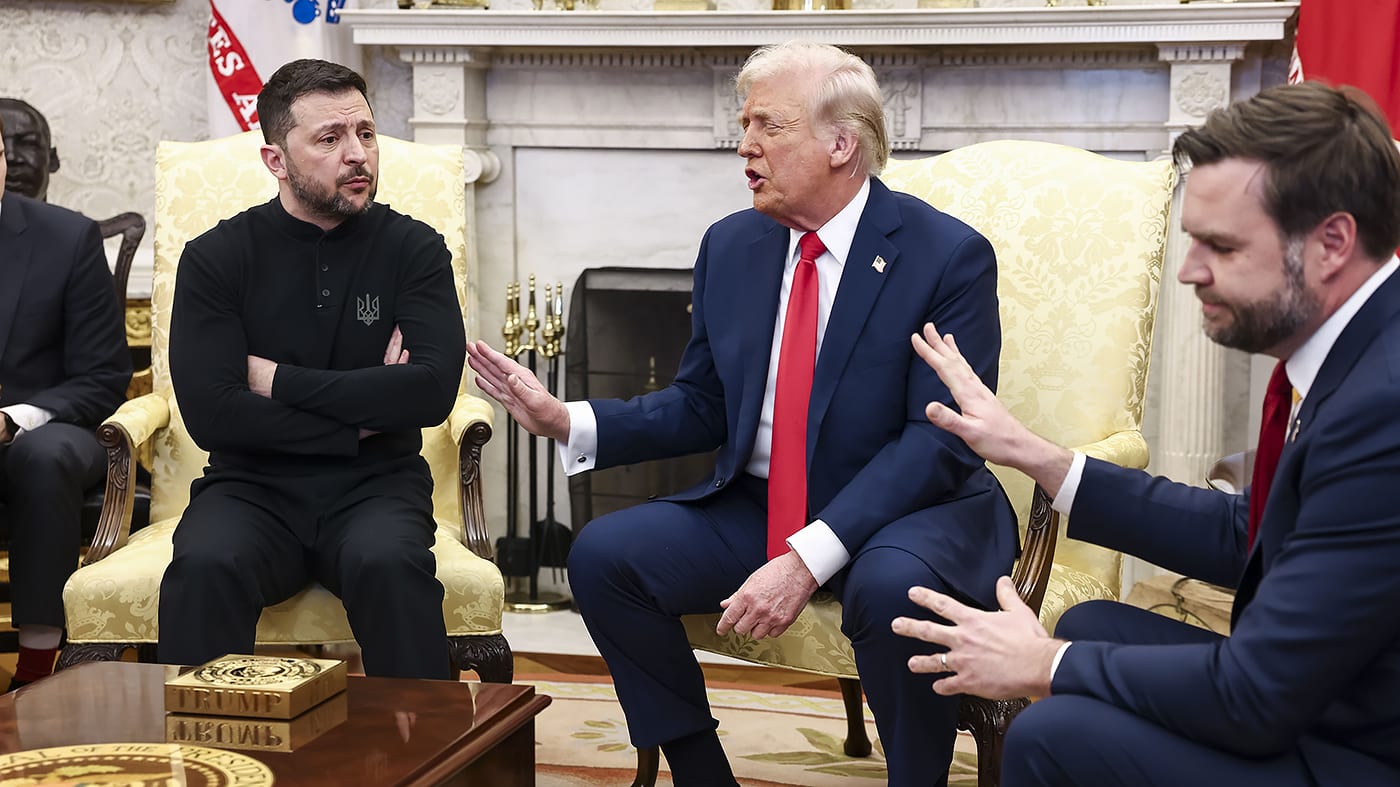The International Monetary Fund (IMF) has advised Pakistan to either introduce a mini-budget or significantly reduce its government spending to help stabilize the economy. This comes as Pakistan faces economic challenges, including rising inflation, high debt levels, and a widening budget deficit. The IMF’s recommendation aims to ensure Pakistan can meet the requirements of its extended loan program, which was set up to support the country’s economic recovery and prevent financial instability.
A mini-budget would involve raising additional taxes or reducing subsidies, which could increase costs for citizens. For example, taxes on goods or services could be increased, or government subsidies on fuel or food might be reduced. On the other hand, if the government chooses to cut spending, it may reduce funding for certain public programs and services. These measures are part of the IMF’s strategy to help Pakistan reduce its debt and keep inflation in check. However, both options could have challenging consequences for the public, especially for low- and middle-income households already dealing with high living costs.
Past experiences with austerity measures in Pakistan have often been met with public resistance, as such policies tend to put extra financial pressure on everyday citizens. However, these steps may be necessary to keep the IMF’s support flowing, as the international body has set strict benchmarks that Pakistan must meet to continue receiving loan installments. The funds from the IMF are essential for Pakistan to handle its current financial challenges and meet debt repayment obligations.
The government now faces a tough choice: either implement a mini-budget, which may increase taxes, or reduce public spending. While these moves may be difficult for many citizens, they are aimed at improving Pakistan’s financial stability and economic health in the long run. The final decision, and its impact on the people, will unfold in the coming weeks as the government considers its options.







